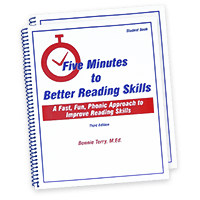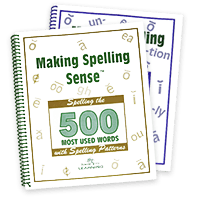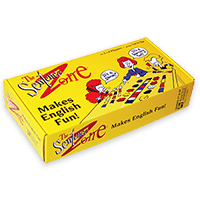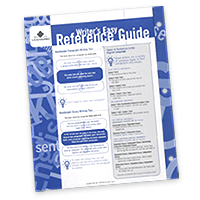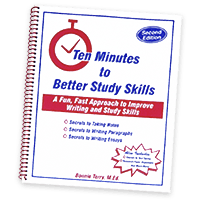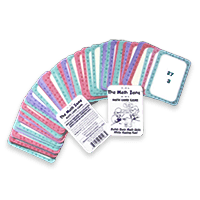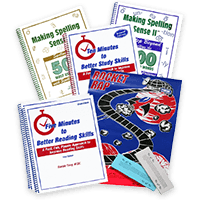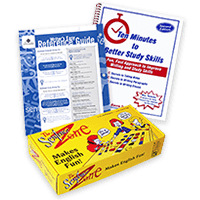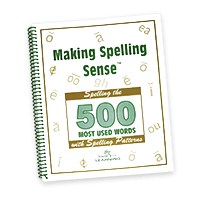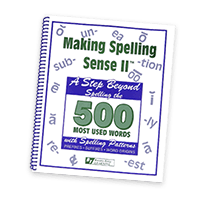Tips for Parents at Parent Teacher Conferences
November 14th, 2017Parent-teacher conferences come around several times a year. This is the perfect time for you to check in and see how your child is doing. Have your kids been turning in their homework? Are they working during class time? Are your kids struggling with their homework? Do your kids like school? So many questions!
When you prepare as a parent for parent-teacher conferences you help set your child up for a better school year. Taking the time to prepare lets your child’s teacher know that you are an aware parent that is caring and concerned about your child whether they are doing great and making all A’s or if they are struggling. There are some specific things you can do to create a partnership feeling with the teacher so that your child has a terrific school year.
Parent-teacher conference time is not just about hearing what the teacher has to say, it is also about what you say to the teacher so your child’s teacher can best help your child. Reminder: you can schedule a parent-teacher conference time at any time in the year when you feel a need to check in with your child’s teacher.
Parents Checklist for Parent-Teacher Conferences:
Here is a quick and dirty list of what you need to let the teacher know during parent-teacher conferences…
- Does your child have allergies or frequent ear infections?
- Do you suspect any learning problems?
- How much time has it been taking your child to do their homework?
- Is your child is under a 504 or an IEP? Give the teacher a copy of the 504 or IEP.
- Show the teacher samples of homework.
- An assignment that was very hard.
- An assignment they really enjoyed doing.
- What is your child’s favorite subject? What subject do they not like?
- What trends you are seeing with your kids at home.
- Problems you are having at home with homework.
- Questions for the teacher (Homework policy, etc.).
If your child has allergies, has frequent ear infections or had them in the past, if you suspect there might be a learning problem, and how much time it is taking your child to do their homework – whether it is done very quickly or it takes a long time is important. If your child is completing their work correctly and quickly they may not be challenged enough. If they are taking a long time there may be a learning problem hindering there ability to complete the work in a reasonable amount of time. Again, parent-teacher conferences give you the parent the opportunity to have these kinds of discussions with your child’s teacher.
Why do you need to tell the teacher if your child has allergies or has had or has frequent ear infections during your parent-teacher conferences?
If your child has allergies, they may have problems with listening skills as they may be ‘stuffed up.’ Frequent ear infections also impact learning skills. In the primary grades, frequent ear infections can make learning to read more difficult due to ears not working as well as they should. Teachers don’t always think in terms of the child that has a cold or an ear infection may not be hearing the instruction. They are aware that your son or daughter may not be at their best, but they don’t always realize that what they are hearing may sound like a fog horn or like they are underwater.
Why is it important to tell the teacher how much time your child is spending on homework – does that have anything to do with a possible learning problem?
The time element will help the teacher to gauge how your child does their work independently. The time element also is an indicator of possible learning problems as is whether your child likes reading or math.
What is a 504 and an IEP? Doesn’t the teacher already have a copy of your child’s 504 or IEP?
504s and IEPs are both legal documents to help your child. The 504 is done for accommodations or modifications within the classroom. An IEP is an Individualized Education Plan when your child needs additional help through a resource class or a special day class. Your child’s teacher typically knows if your child is under a 504 or an IEP, but that doesn’t mean they have had a chance to read it to see what is in it. Remember, these are both legal documents that need to be complied with, so when you had the teacher a copy during your parent-teacher conferences it lets them know you are aware and it gives them easy access to the document. you do not want to create an adversarial relationship with your child’s teacher but you do want to ensure cooperation and a partnership with them. Parent-teacher conferences are a perfect opportunity for you to set that relationship up for the rest of the school year.
Why should you bring in some of your child’s homework to show the teacher during your parent-teacher conferences?
Obviously, your child’s teacher has seen their work before, but they don’t have your feedback then and they don’t see how your child is doing the work when they are not in a classroom situation. So, you want to bring in an assignment your child really enjoyed or found interesting as well as one that was very difficult so the teacher can get an idea of how your child is learning at home – when they are independently doing the work. When the teacher knows this, he or she can and usually does adjust their teaching accordingly. If a lot of students struggled with a particular type of assignment, they can re-teach the concept in a different manner. If your child is the only one or one of just a few, the teacher can make some slight changes for your child or those few to be sure they understand the concept.
Remember, you want to have separate folders for each of your children that contains work samples and the checklist of items you want to discuss when you go to their parent-teacher conferences.








